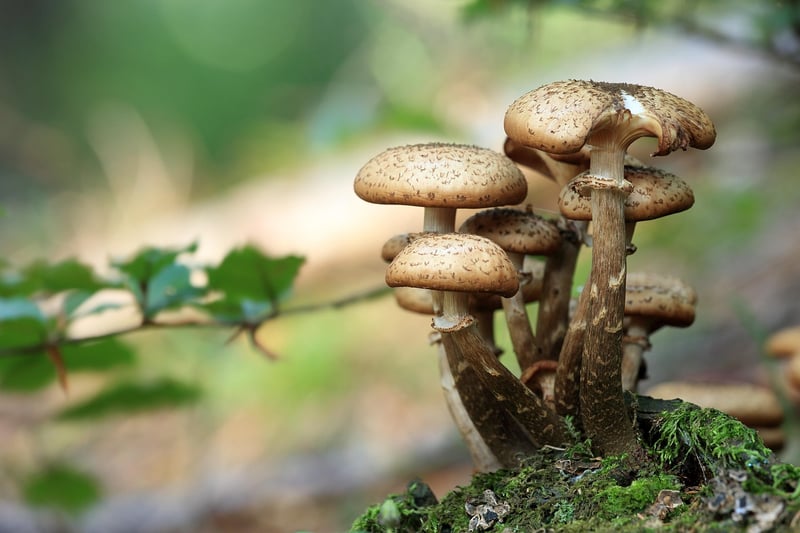Preventative Measures
Protecting Your Urban Garden from Pests + Preventative Measures
Urban gardening is a rewarding and sustainable way to grow your own produce in a city environment. However, one of the challenges urban gardeners face is dealing with pests that can damage plants and reduce yields. In this article, we will explore effective ways to protect your urban garden from pests and implement preventative measures to ensure a healthy harvest.
Identifying Common Garden Pests
Before you can effectively protect your urban garden from pests, it's essential to know which pests are commonly found in urban environments. Some of the most common garden pests include:
- Aphids: Small, soft-bodied insects that can quickly multiply and damage plants by sucking sap from leaves and stems.
- Slugs and Snails: These pests feed on plant leaves and can be particularly destructive in moist environments.
- Caterpillars: Larval stage of moths and butterflies that can chew through leaves and fruits.
- Squirrels and Birds: These pests can damage fruits, vegetables, and dig up newly planted seeds.
Protecting Your Urban Garden
Now that you are familiar with common garden pests, here are some effective ways to protect your urban garden:
1. Natural Predators
Attracting natural predators like ladybugs, lacewings, and birds to your garden can help keep pest populations in check. Consider planting flowers that attract beneficial insects or installing bird feeders to encourage bird activity.
2. Row Covers
Row covers are lightweight fabrics that can be placed over plants to create a physical barrier against pests. They are especially useful for protecting plants from flying insects like aphids and caterpillars.
3. Companion Planting
Planting certain herbs and flowers alongside your vegetables can help repel pests. For example, marigolds are known to deter aphids, while basil can repel mosquitoes and flies.
4. Neem Oil
Neem oil is a natural insecticide that can help control a variety of garden pests. Dilute neem oil in water and spray it on plants to deter pests and prevent fungal diseases.
Preventative Measures
Implementing preventative measures is key to maintaining a pest-free urban garden. Here are some tips to prevent pest infestations:
1. Regular Inspection
Inspect your plants regularly for signs of pest damage, such as holes in leaves, wilting, or discoloration. Early detection can help you address pest problems before they escalate.
2. Proper Watering
Avoid overwatering your plants, as damp conditions can attract pests like slugs and snails. Water plants at the base to keep foliage dry and reduce the risk of fungal infections.
3. Clean Garden Practices
Practice good garden hygiene by removing debris, fallen leaves, and weeds that can harbor pests. Keeping your garden clean and tidy can help prevent pest infestations.
4. Rotate Crops
Rotate your crops each season to disrupt pest life cycles and reduce the buildup of pests in the soil. This practice can help maintain a healthy garden ecosystem.
By implementing these protective measures and preventative strategies, you can safeguard your urban garden from pests and enjoy a bountiful harvest of fresh, healthy produce.

Image source: Pixabay
